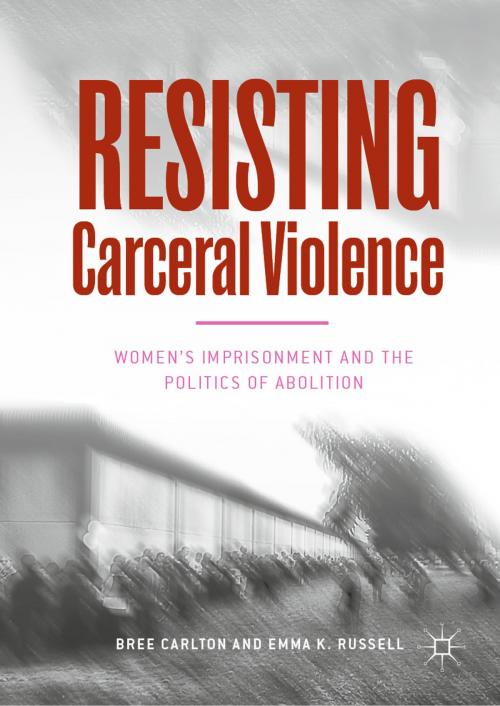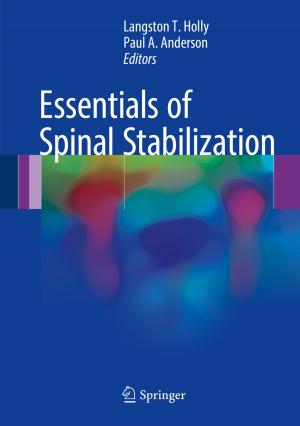Resisting Carceral Violence
Women's Imprisonment and the Politics of Abolition
Nonfiction, Social & Cultural Studies, Social Science, Crimes & Criminals, Penology, Criminology| Author: | Bree Carlton, Emma K. Russell | ISBN: | 9783030016951 |
| Publisher: | Springer International Publishing | Publication: | December 5, 2018 |
| Imprint: | Palgrave Macmillan | Language: | English |
| Author: | Bree Carlton, Emma K. Russell |
| ISBN: | 9783030016951 |
| Publisher: | Springer International Publishing |
| Publication: | December 5, 2018 |
| Imprint: | Palgrave Macmillan |
| Language: | English |
This book explores the dramatic evolution of a feminist movement that mobilised to challenge a women’s prison system in crisis. Through in-depth historical research conducted in the Australian state of Victoria that spans the 1980s and 1990s, the authors uncover how incarcerated women have worked productively with feminist activists and community coalitions to expose, critique and resist the conditions and harms of their confinement. Resisting Carceral Violence* *tells the story of how activists—through a combination of creative direct actions, reformist lobbying and legal challenges—forged an anti-carceral feminist movement that traversed the prison walls. This powerful history provides vital lessons for service providers, social justice advocates and campaigners, academics and students concerned with the violence of incarceration. It calls for a willingness to look beyond the prison and instead embrace creative solutions to broader structural inequalities and social harm.
This book explores the dramatic evolution of a feminist movement that mobilised to challenge a women’s prison system in crisis. Through in-depth historical research conducted in the Australian state of Victoria that spans the 1980s and 1990s, the authors uncover how incarcerated women have worked productively with feminist activists and community coalitions to expose, critique and resist the conditions and harms of their confinement. Resisting Carceral Violence* *tells the story of how activists—through a combination of creative direct actions, reformist lobbying and legal challenges—forged an anti-carceral feminist movement that traversed the prison walls. This powerful history provides vital lessons for service providers, social justice advocates and campaigners, academics and students concerned with the violence of incarceration. It calls for a willingness to look beyond the prison and instead embrace creative solutions to broader structural inequalities and social harm.















